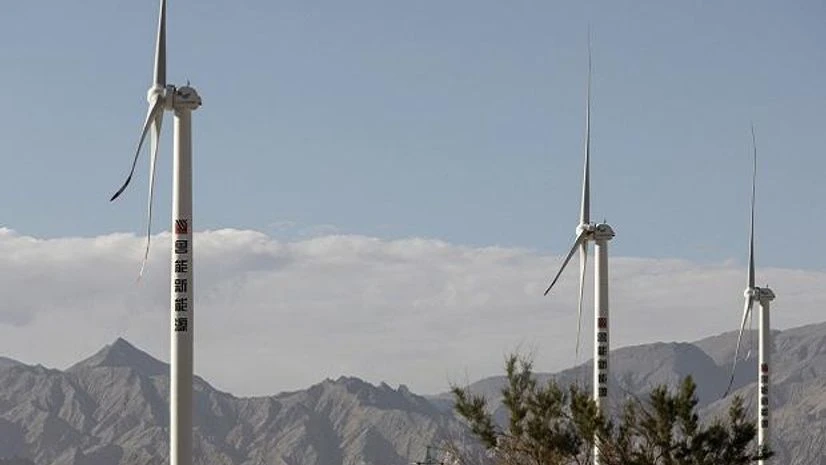The principles of equity and common but differentiated responsibilities (CBDR) must be central to discussions on plans for fair and equitable transition to low-carbon economies, India has said at the ongoing Bonn climate talks.
At COP27 in Egypt's Sharm el Sheikh, parties to the Paris Agreement had introduced a 'Just Transition Work Programme' to ensure the development of low-carbon pathways that include socio-economic dimensions aligned with nationally defined development priorities.
At an informal discussion on the 'Just Transition Work Programme' at Bonn on Tuesday and Wednesday, India said discussions around just transition pathways must not focus only on mitigation but also take into consideration the challenges in adaptation and the means of implementation.
"This is why we believe that linkages of just transitions should not just be with the mitigation work programme but must also foreground discussions on aspects of adaptation and means of implementation we concur with other colleagues who have highlighted the same," it said at the talks according to the Third World Network, an independent non-profit international research and advocacy organisation.
"Climate change is a global collective action problem and therefore we must speak of equitable and just global transition pathways. Equity and principles of CBDR (common but differentiated responsibilities) must be central to the consideration of our work under this programme," India said.
It emphasised that low-carbon development pathways in developing countries have to foreground issues of energy access, eradicating poverty, and improving the well-being of its people.
More From This Section
"There are issues of energy security, affordability and reliability that are central to meeting sustainable development goals and the aspirations of the global south."
China rued that a lot of countries were talking about "transition" but not "just transition".
At the Paris climate talks in 2015, countries agreed to limit global warming to 1.5 degrees Celsius as compared to pre-industrial levels (1850-1900) to avoid extreme, destructive and likely irreversible effects of climate change.
Earth's global surface temperature has risen by around 1.15 degrees Celsius and the CO2 spewed into the atmosphere since the start of the industrial revolution is closely tied to it.
In the business-as-usual scenario, the world is heading for a temperature rise of around 3 degrees Celsius by the end of the century. Climate science says the world must halve emissions by 2030 from the 2009 levels to keep the chances of achieving the 1.5-degree target alive.
This requires an enormous effort. For a country like India, it means improving energy efficiency and rapid deployment of renewable energy while making sure that the changes made to address climate change are fair, create new job opportunities, involve everyone in the decision-making process, and ensure that no one is left behind.
India has maintained that the fight against climate change must keep the principles of equity and Common but Differentiated Responsibilities and Respective Capabilities (CBDR-RC) at the centre.
Equity essentially means that each country's share of carbon dioxide emissions is equal to its share of the global population.
The CBDR-RC principle acknowledges that each country is responsible for addressing climate change but developed countries should bear primary responsibilities as they account for most of the historical and current greenhouse gas emissions.
(Only the headline and picture of this report may have been reworked by the Business Standard staff; the rest of the content is auto-generated from a syndicated feed.)

)
